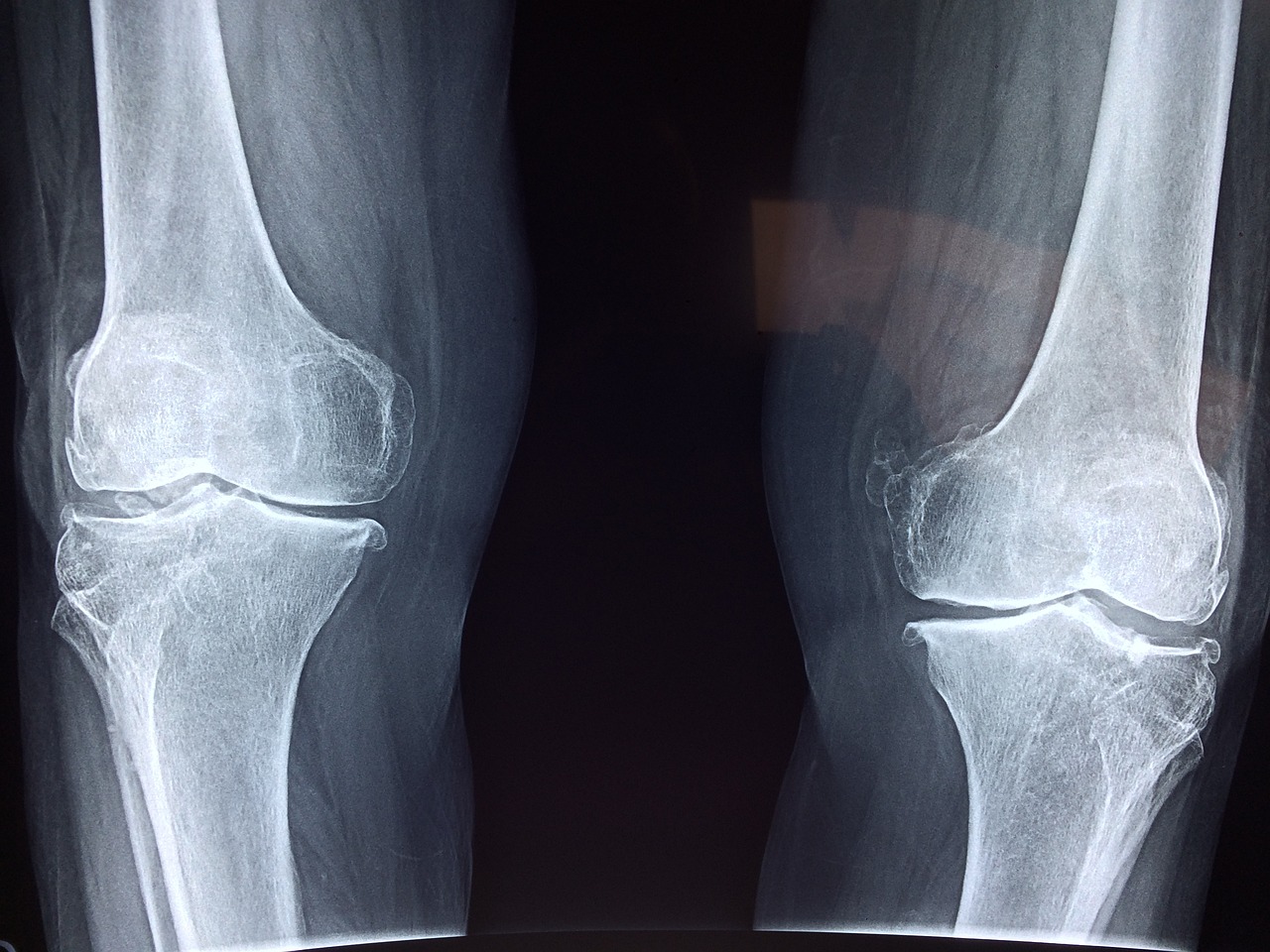Article Title:Profit is a dirty word: The development of public baths and wash-houses in Britain 1847-1915
Abstract:
Research on sanitary reform in nineteenth-century Britain has focused mainly on the introduction of large-scale sanitary infrastructure, especially waterworks and sewerage systems. Other sanitary measures such as the provision of public baths and wash-houses have been ignored, or discussed in the limited context of working-class responses to middle-class sanitarianism. Yet by 1915 public baths and wash-houses were to be found in nearly every British town and city. A detailed analysis of these 'enterprises' can provide a useful way of understanding the changing priorities of public health professionals and urban authorities as well as the changing attitudes of the working classes. Connections between personal cleanliness and disease evolved during the century, particularly after the formation of germ theory in the 1880s. This paper demonstrates how the introduction of public baths and wash-houses in Liverpool, Belfast, and Glasgow was initially a direct response to sanitary reform campaigns. It also shows that the explicit public health ideology of these developments was constantly compromised by implicit concerns about municipal finance and the potential profit that such enterprises could generate. This city-based analysis shows that this conflict hindered the full sanitary benefit which these schemes potentially offered.
Keywords: public baths; wash-houses; sanitary reform; personal hygiene; nineteenth century Britain; municipal trading; Liverpool; Belfast; Glasgow
DOI: 10.1093/shm/13.1.63
Source:SOCIAL HISTORY OF MEDICINE
Welcome to correct the error, please contact email: humanisticspider@gmail.com



